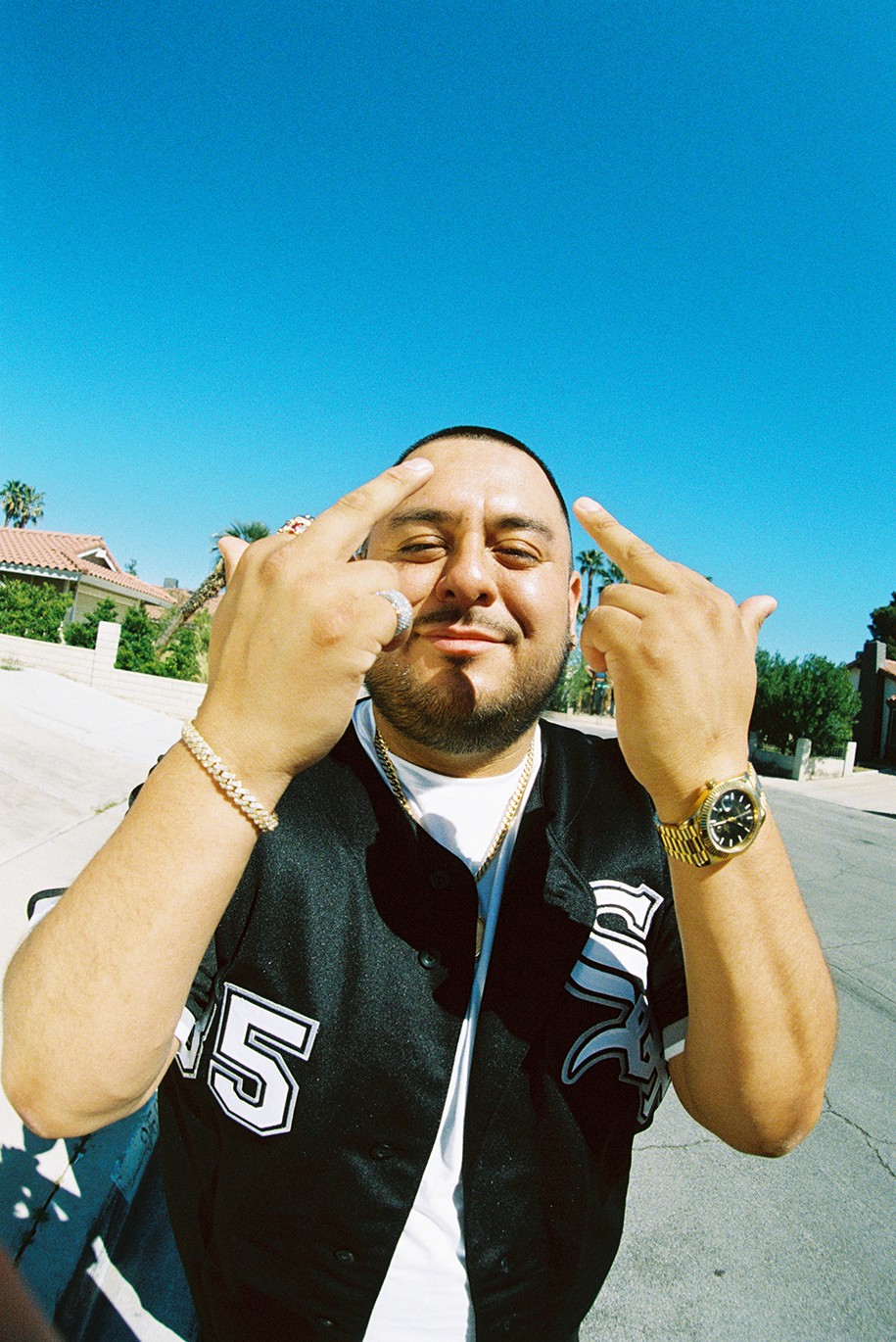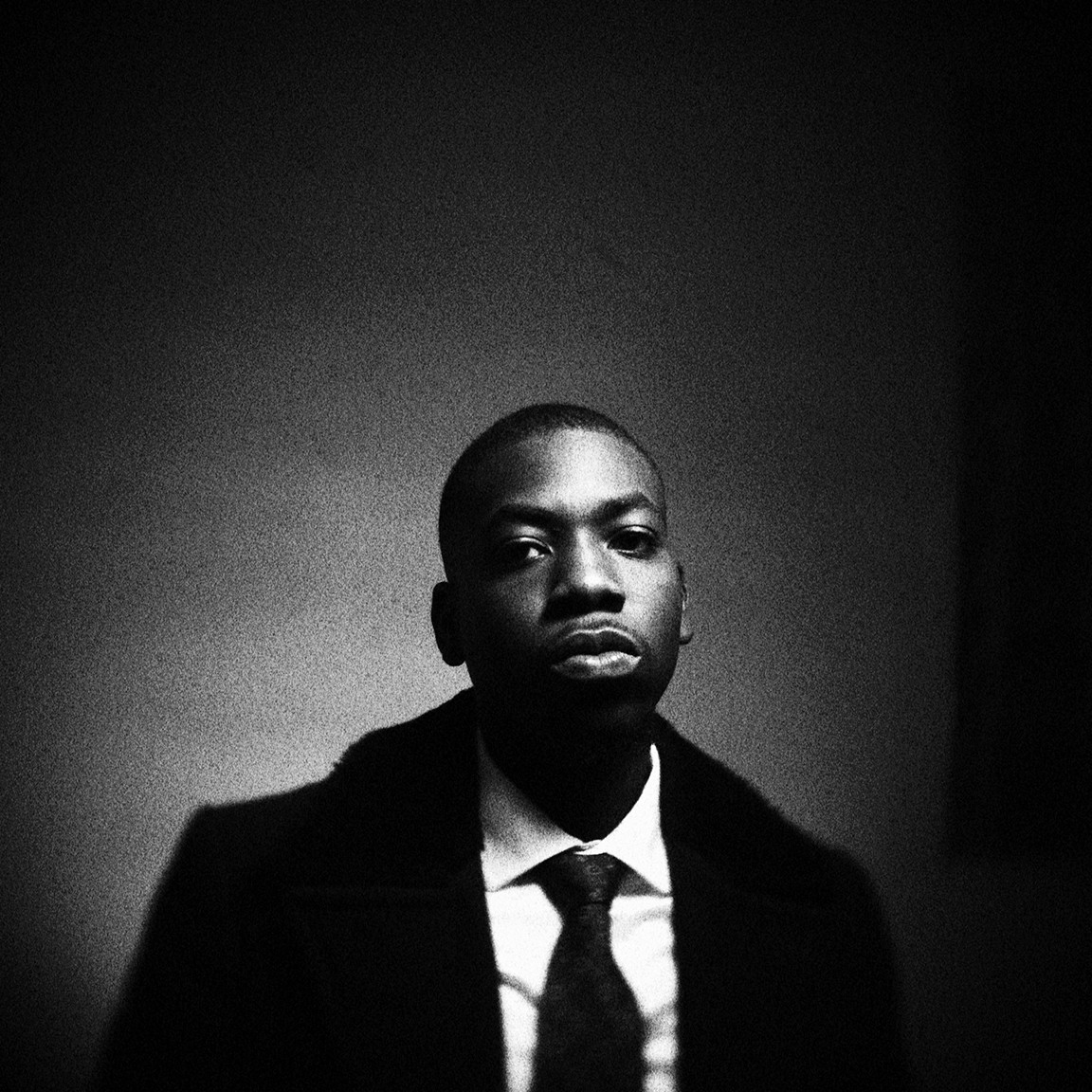Exclusive Interview
Nov 5, 2024
Produced by: Andrej Aroch
Edited by: Rudy Manager & Andrej Aroch
Hollywood Cole – Building a Brand, Crafting Hits, and Embracing the Future of Music Production
In a recent exclusive interview with Studio Talks, Hollywood Cole, a top-tier music producer, shared insights into his remarkable journey. Growing up surrounded by diverse sounds, he developed a passion for production inspired by The Neptunes. Cole honed his skills using FL Studio and Logic Pro, becoming a self-taught maestro. With collaborations featuring artists like Dom Kennedy, Jack Harlow, Nicki Minaj, Lil Wayne, and JID, he emphasizes the importance of strong relationships in music. Embracing new technologies, including AI, Cole aims to solidify his status as a household name while nurturing the next generation of talent. The interview was conducted by Andrej Aroch via video call on October 23, 2024.
“Stay in the gym and work on your craft”
- Hollywood Cole
How did you first get interested in music?
It really started with being around my parents. They listened to a lot of different music when I was a kid, so I was surrounded by it. I would say it was mainly due to being exposed to various types of music through my parents and other family members. That early exposure sparked my love for music. As I got older, I started exploring on my own and learning more about music, but it all began in childhood, growing up around my family’s music.
What inspired you to start music production?
One of my earliest memories of being drawn to music production was because of The Neptunes. I remember hearing their sounds when I was in elementary school, and that really caught my attention. The sonics of their music pulled me in. However, I didn’t actually start producing until college. A friend introduced me to FL Studio while I was there, and that's where it all began for me.
What was your process for improving back then? Did you have any mentors, or did you learn everything on your own?
Early on, I didn’t have any mentors. I was on "YouTube University," figuring things out by watching videos—like how to make hi-hats skip, add kicks and 808s, and things like that. At the time, I was using Logic Pro. I started with FL Studio, which was my first introduction to production, but I switched to Logic Pro and used it until about 2017. So yeah, everything was pretty much self-taught. I focused on being a student, learning as much as I could.
What were some of your first projects or placements? Do you remember any of the early names you worked with?
One of the first moments that made me think, "damn, this is crazy," was working with Dom Kennedy. That was early in my career. Then, one of my first major label placements was a song I did for an artist named Queen Naija. That was one of my first big placements.

You've worked on many projects over the years. Do you have a favorite project or song that stands out?
I enjoy collaborating with many artists and feel fortunate to have these opportunities. However, one project that really stands out to me is the time I spent working with Isaiah Rashad. It was a great era for me, filled with memorable moments. We created fire music, and we’re still striving to make more great music. I would definitely say around that time when I first started working with Isaiah was a dope period.
What music do you usually listen to in your free time?
I listen to a lot of old music and have been trying to explore new genres, but I tend to gravitate toward classic R&B, soul, and old-school rap. I also enjoy house music—I’m definitely a fan of Kaytranada. There are a few other artists I enjoy. I’m working on expanding my palette. Overall, I still listen to a lot of older music.
Is there one artist or producer you would like to highlight who you think is going to blow up soon or is currently underrated?
An artist I’d like to highlight is my guy Will Hill. I’ve been rocking with him because we’ve been locked in for a couple of years. He’s based in Atlanta, and I think he’s really talented. Will has a West Coast sound, but he grew up in Atlanta, which gives his music a unique perspective—not the typical sound you’d expect from an Atlanta artist.
What's your opinion on new technologies in music production, particularly the use of AI?
I love it, man. It’s funny because I’m in a group chat with a couple of other producers, and we talk about AI all the time. I believe you have to learn how to work with it, not against it. If you’re constantly opposing AI, you’re going to get left behind. So, I embrace it. I’ve been utilizing it in some of my recent work, and I’m all for it. Like I said, it’s important to learn how to work with it rather than fight it.
What advice would you give to new music producers trying to establish themselves and start working with artists?
Man, I would say, first and foremost, stay in the gym and work on your craft. By "staying in the gym," I mean practice making music and study how to create beats. Look at some of the greats—not to copy them, but to learn from them and figure out how to develop your own sound.
Then, find artists you resonate with, whether they are local or not. Look for someone who appreciates and loves your beats because that connection can lead to something special. You might end up breaking the next big artist! So, I think it’s crucial to start with studying and learning, and then find someone who genuinely loves your beats and work together to craft a sound with them. That’s very important.
Do you think it's important to brand yourself as a producer? For example, running a YouTube channel or a SoundCloud account to be successful? Or do you think you can achieve success just by finding the right people to work with?
I think it’s a mixture of both. In today’s world, branding yourself is very important because producers are artists too. It’s about building your brand and community. Putting your stuff on TikTok and sharing content on Instagram—these platforms help people buy into what you’re doing.
Not everyone will like your music, but there will be someone who does. It’s crucial to establish a brand. A great example is Alchemist; he’s built an impressive brand through his productions with artists like Freddie Gibbs and Earl Sweatshirt. He has a website where you can get his vinyl, merch, and more. He’s developed this brand by collaborating with various artists and nurturing his community.
I’m still working on building my own brand and making sure I focus on that. So, it’s a combination of working with artists and putting yourself out there for the world to see. That balance is very important.
Do you have any upcoming plans or projects you’re excited to share?
I just got an MPC2000XL, man, so I’m really focused on learning how to use it. With almost two months left in the year, I want to dive into this hardware and get the hang of it. I’m also working on a few projects, but I don’t want to say too much right now. I’m just aiming to finish the year strong!
Where do you see yourself in the next five to ten years?
Hopefully, in the next five to ten years, I’ll be one of the biggest producers in the world. I envision having my own label with a few artists, all of whom are killing it in the game. I’d love to have a couple of Grammys and other accolades by then. Essentially, I see myself as an established, household-name producer—recognized for my work, with a label and a roster of talented artists. God willing, that would be amazing! So, I’m just going to keep chopping wood and making good music.
Follow Hollywood Cole on Instagram: @_hollywoodcole
More Blog Posts
See our latest blogs














